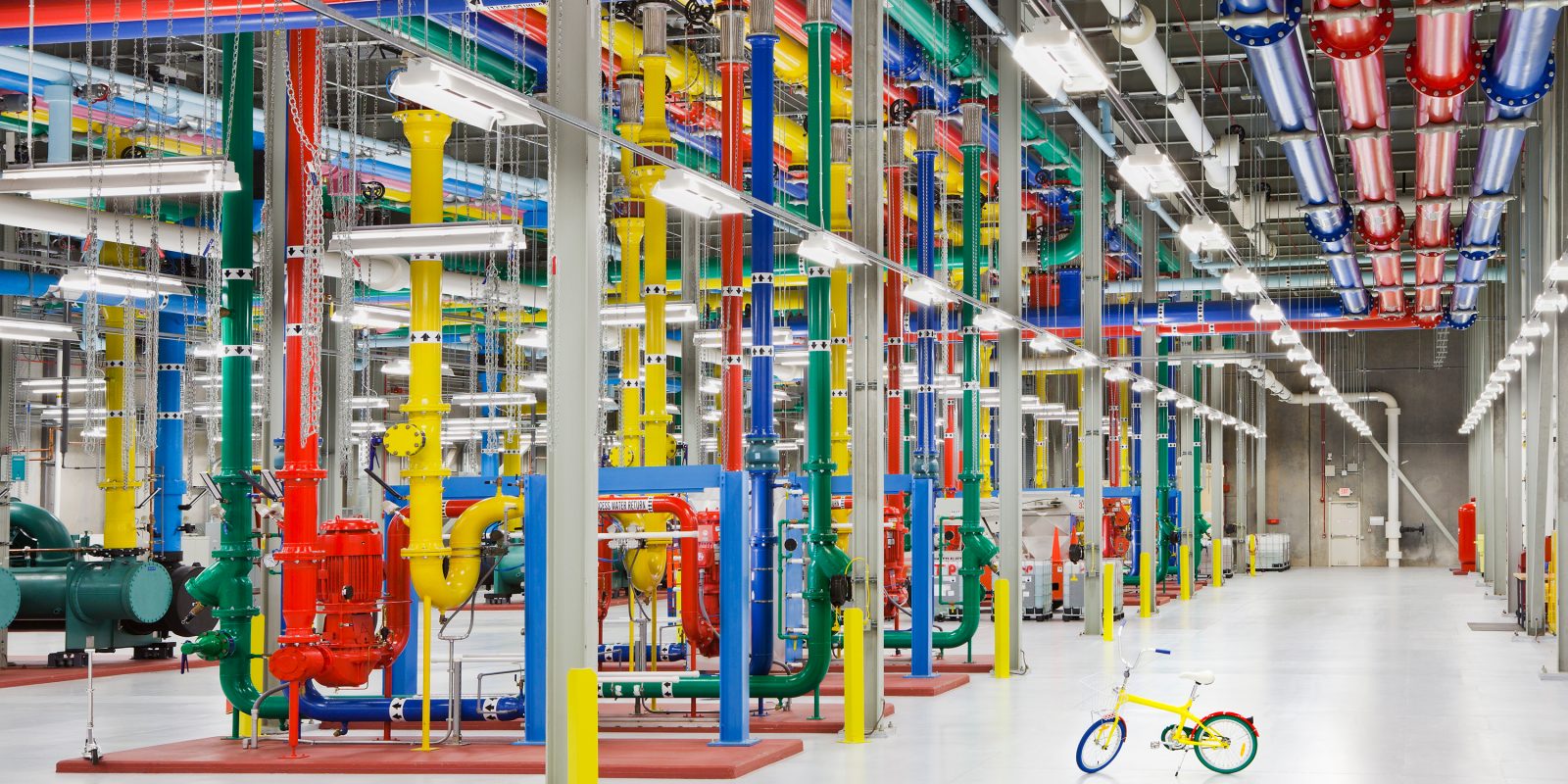
According to a recent report from the Mountain View tech giant, Google’s carbon emissions have jumped by almost 50% over the past five years.
In recent years, Google has made commitments to hit net-zero across the firm’s entire “operations and value chain” by 2030. However, according to Google’s own 2024 Environmental Report (via Ars Technica), carbon emissions have actually jumped up 48% since 2019 – and an increase of 13% from last year.
Google touts increased demand for data centers and “supply chain emissions” as one of the major reasons for the jump in carbon emissions despite previous environmental pledges. Data center power consumption actually increased by 17% in 2023 alone and now represents 25% of the total. The supply chain represents 75% of the firm’s total emissions.
However, Google said that it is “working hard” to reduce carbon emissions and highlights improved infrastructure and efficient six-generation Tensor Processing Units (TPUs) that offer 67% power efficiency as a future area of power consumption reduction.
This could reduce the energy required to train AI models by 100x and, therefore, associated emissions “by up to 1,000 times.” The latest methods are said to be utilized already, which could help relieve the burden on Google’s infrastructure and associated data centers.
Google says that up to 64% of its current energy consumption comes from carbon-free sources, including geothermal energy production centers. Contracts to purchase almost 4 gigawatts of clean energy have also been signed in Australia, Belgium, and Texas, the most in one year, according to this report.
We have also seen other reductions in single-use plastic consumption in devices such as the Pixel series. Since 2023, almost all packaging is now 99% plastic-free with the Pixel 8 and 8 Pro being packaged in 100% plastic-free materials.
“Hard to decarbonize” areas such as Asia-Pacific where carbon free energy is less readily available is another explanation from Google for the failure to make significant progress over the past 5 years. However, Google has made promises to continue to reduce carbon and greenhouse gas emissions by utilizing somewhat power-hungry AI. Using services like Google Maps, this uses models to improve traffic management and reduce vehicle emissions.
With a major push of Gemini and other associated AI-powered projects, Google will need to do more to ensure that carbon emissions are in check with public pledges to reach net-zero within just 6 years. Just how it pans out remains to be seen.
More on Google:
Google acquires Cameyo to boost virtual Windows apps for enterprise on ChromeOS
Google Password Manager now rolling out family sharing
GenDino lets you create your own Chrome Dino Game with AI for a limited time
FTC: We use income earning auto affiliate links. More.
>>> Read full article>>>
Copyright for syndicated content belongs to the linked Source : 9to5google.com – https://9to5google.com/2024/07/03/google-carbon-emissions/










